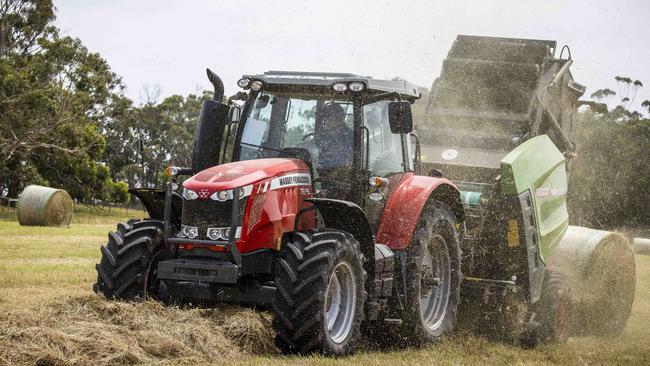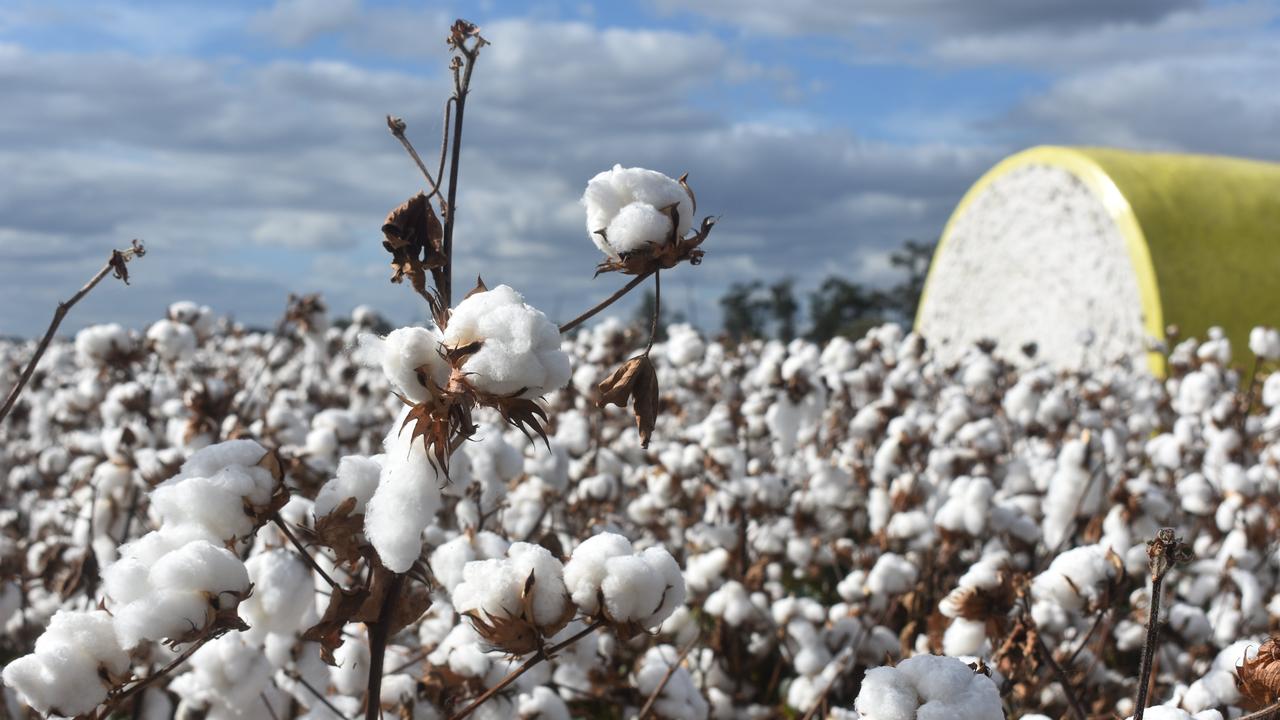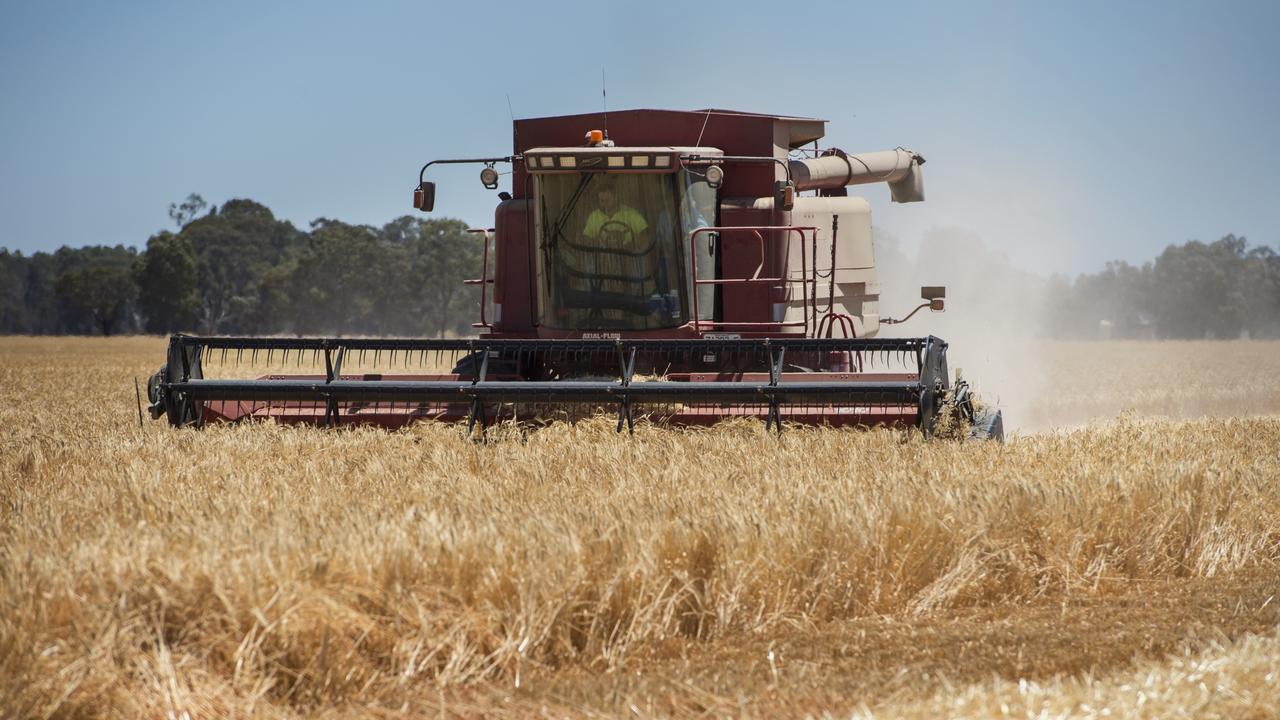Despite fall in prices, demand stays low
Vetch and lucerne hay are competing for one of the few active markets this summer. See how they compare and what the buyers are saying.

WITH the influx of hot weather, pastures in southern Victoria have dried off.
While this could suggest some increasing demand for cereal hay, demand remains low.
For most buyers, the justifiable thinking has been that hay is very cheap and if they are a little short during winter, there should be plenty to buy.
Hay growers have learnt that January is not an easy time to find active buyers and that patience and perseverance during autumn often achieves higher values.
With the loss of fresh spring feed, now being replaced by higher fibre summer grasses, protein is typically lower at this time of the year.
Lucerne and vetch growers are achieving a small turnover of sales at present with dairy farmers presenting as key buyers.
Recently baled lucerne from properties south of Echuca has been selling at $300 a tonne ex-farm, a price well below the $500 to $600 levels achieved during the recent drought.
Lucerne growers are pragmatic enough to sell their hay at these levels as affordable irrigation water is the prime driver.
While they have good cash flow from their wheat, barley and canola and their oaten hay is tough to sell, finding a market for hay that does not occupy further shed storage is an appealing option for these growers.
At about $100 a tonne cheaper, vetch hay would appear to represent a much more affordable source of high protein than lucerne.
In the last year, the underlying price of protein for stockfeed has increased and the price of vetch has decreased, making vetch hay one of the most competitive sources of protein for sheep and cattle.
Assuming vetch hay has good quality, a protein of 20 per cent protein and can be purchased at $250 a tonne delivered farm.
The cost of protein from vetch is a close match to the industry benchmark of canola meal.
However, buyers have differing views on vetch hay.
While some buyers are happy to select the best lots of soft vetch hay with the least rain damage from those on offer, some nutritionists warn that the heavy rain during curing this season is cause for great caution.
According to these advisers, the potential presence of moulds and mycotoxins and the implications for loss of milk production, is sufficient reason to exclude vetch hay from dairy diets this season and certainly justifies the $100 a tonne premium for lucerne hay.
MORE
FALL IN PRICES A DRAWCARD FOR DAIRY FARMERS


